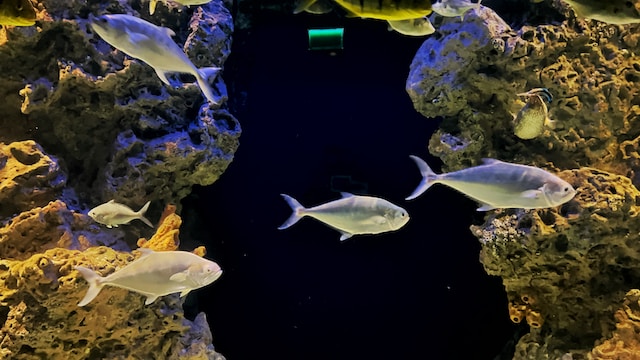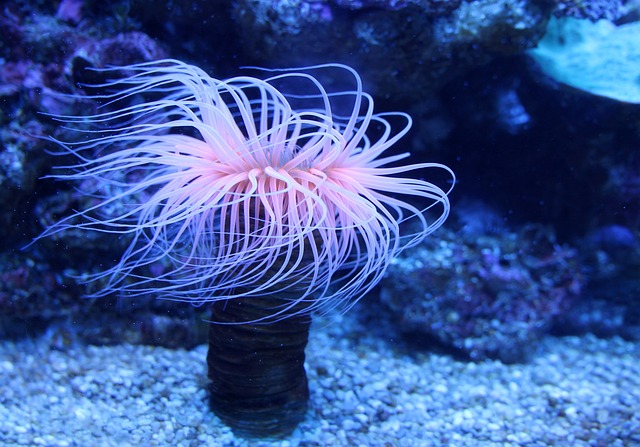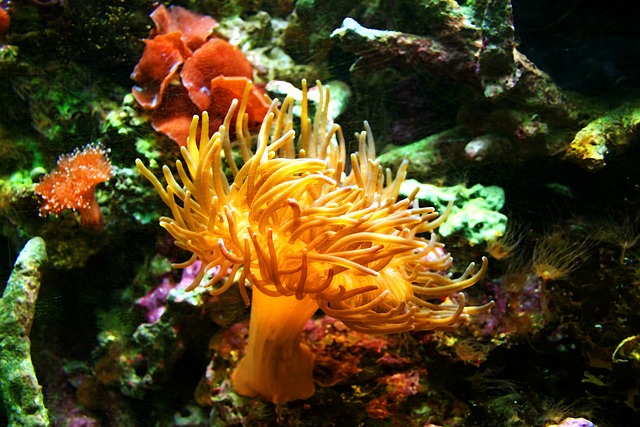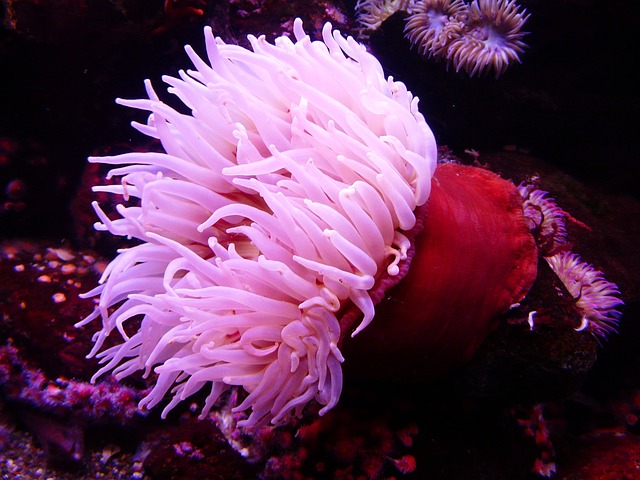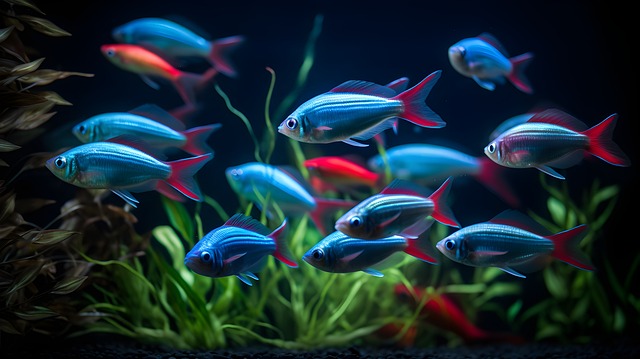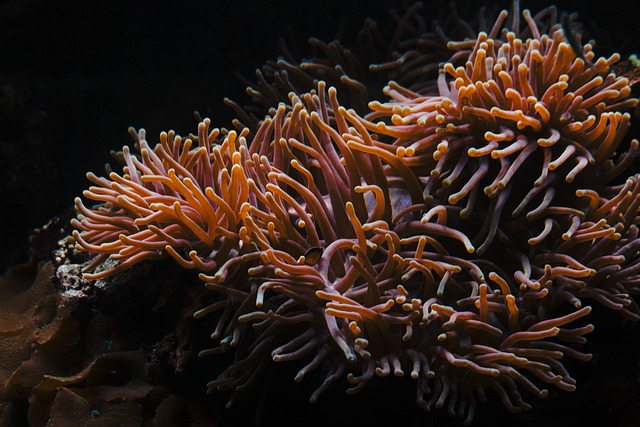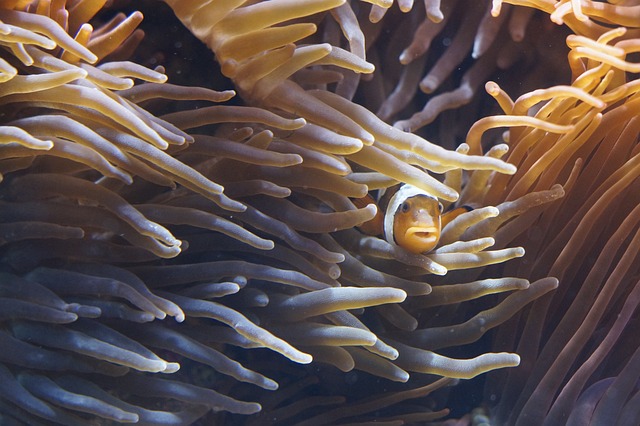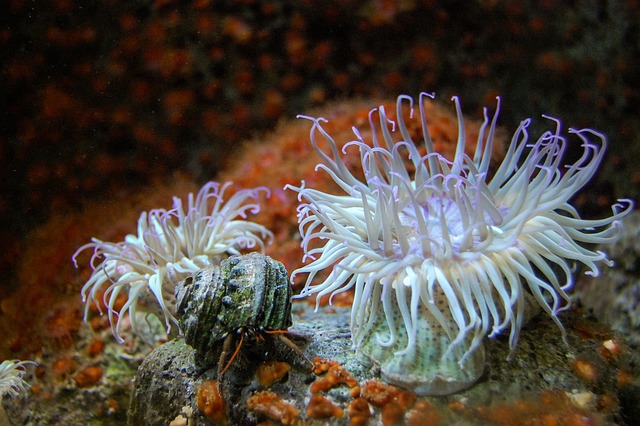Mosquito fish and guppies are small freshwater fish that are often kept as pets in home aquariums. While they may seem similar in appearance, they have distinct characteristics that set them apart.
Many aquarium enthusiasts have asked whether mosquito fish and guppies can breed with each other.
The short answer is no; mosquito fish and guppies cannot interbreed. This is because they belong to different genera and have different numbers of chromosomes.
Mosquito fish belong to the genus Gambusia, while guppies belong to Poecilia. While they may look similar, they are not closely related enough to produce viable offspring.
However, this does not mean they cannot coexist peacefully in the same aquarium.
Background
Mosquito fish (Gambusia affinis) and guppies (Poecilia reticulata) are popular fish often kept in aquariums and ponds. These fish are known for their ability to control mosquito populations, as they feed on mosquito larvae.
However, some people have wondered whether mosquito fish and guppies can breed with each other, and if so, what the offspring would be like.
Mosquito Fish
Mosquito fish are small freshwater fish native to the southern United States. They are often used as a natural method of mosquito control, as they feed on mosquito larvae and pupae.
Mosquito fish are hardy and easy to care for, making them popular in aquariums and ponds. They are also known for their aggressive behavior, as they often attack other fish they perceive as threatening.
Guppies
Guppies are small, colorful freshwater fish that are native to South America. They are popular among aquarium enthusiasts due to their bright colors and active personalities.
Guppies are easy to care for and can breed quickly, making them popular for beginners. They are also known for their adaptability, thriving in various water conditions.
In summary, mosquito and guppies are popular fish types often kept in aquariums and ponds. Mosquito fish are known for their ability to control mosquito populations, while guppies are popular for their bright colors and active personalities.
In the next section, we will explore whether these two types of fish can breed.
Breeding
Reproduction of Mosquito Fish
Mosquito fish are livebearers, meaning they give birth to live young instead of laying eggs. They are known for their high reproductive rate and can produce several yearly broods.
The gestation period for mosquito fish is around 28 days; they can give birth to up to 100 fry at a time.
Reproduction of Guppies
Guppies are also livebearers known for their bright colors and active behavior. They have a shorter gestation period of around 21-30 days and can produce up to 200 fry at a time.
Hybridization
While mosquito fish and guppies may look similar, they are not the same species and cannot breed with each other.
Hybridization between different species is rare and often unsuccessful. Even if mating does occur, the offspring are usually sterile and unable to reproduce.
In conclusion, while mosquito fish and guppies may be compatible in a community tank, they cannot breed.
It is essential to understand the reproductive habits of different species to prevent unwanted breeding and maintain a healthy aquarium environment.
Behavior
Aggression
Mosquito fish and guppies have different temperaments and behaviors. Mosquito fish are known to be aggressive towards other fish, especially smaller ones.
They are territorial and can become aggressive towards their kind as well. On the other hand, guppies are peaceful and non-aggressive fish.
They are known for their colorful appearance and ability to coexist with other fish species.
When mosquito fish and guppies are kept together, the mosquito fish may exhibit aggressive behavior towards the guppies.
This can include nipping at their fins or chasing them around the tank. In some cases, mosquito fish may even attack and kill guppies.
Compatibility
Despite their differences in behavior, mosquito fish and guppies can coexist in the same tank under certain conditions.
Ensuring the tank is large enough to accommodate both species comfortably is essential. The tank should also have plenty of hiding places and vegetation to provide the guppies with places to retreat if they feel threatened.
Another essential factor to consider is the gender ratio of the fish in the tank. Mosquito fish are known to be prolific breeders and can quickly overpopulate a tank if there are too many females.
It is recommended to keep a ratio of one male mosquito fish to three or four females.
In conclusion, while mosquito fish and guppies can be kept together in the same tank, monitoring their behavior and ensuring that the tank is adequately set up to accommodate both species is essential.
Conclusion
In conclusion, while mosquito fish and guppies may look similar and belong to the same family, they cannot interbreed. The two species have different numbers of chromosomes, which prevents them from producing viable offspring. Mosquito fish have 48 chromosomes, while guppies have 46.
Additionally, mosquito fish are livebearers, which means they give birth to live young, while guppies are egg-layers. This further prevents any possibility of interbreeding between the two species.
While some may argue that there have been reported cases of hybridization between mosquito fish and guppies, it is essential to note that these rare occurrences often result in sterile offspring. It is also possible that the reported hybridization results from misidentification or a mix-up of the two species.
Overall, it is clear that mosquito fish and guppies are separate species that cannot interbreed. It is essential to understand the biology and behavior of these species to properly care for them in their respective environments.

